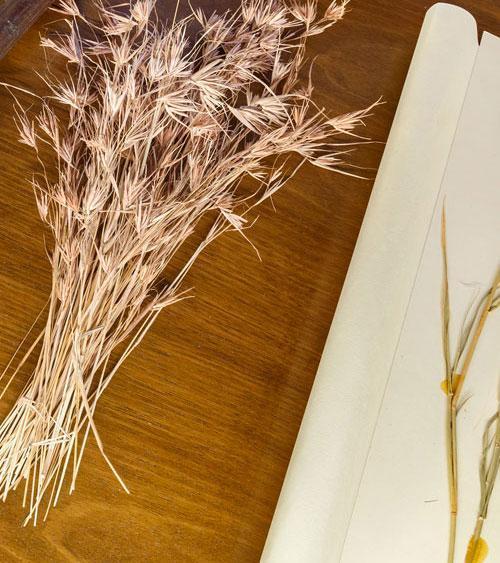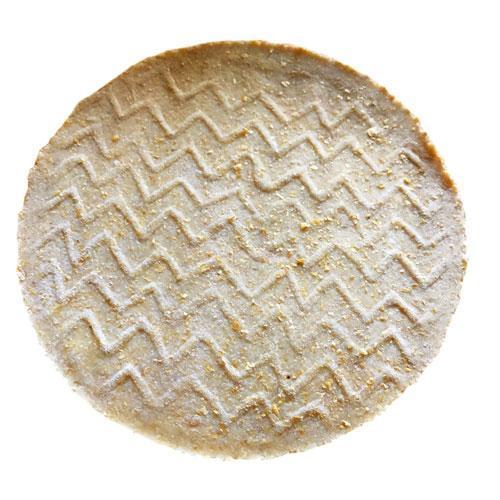Nagesh's recipe for Biryani
Most of the Indian population in Mauritius today are descendants of indentured labourers—Indian labourers shipped around the world by the British, after the abolition of slavery, as cheap, dispensable labour. For this reason, there are descendants of Indians living in all corners of the globe—including Fiji, the Caribbean, Mauritius—who haven’t been to India, but still harbour this long‑generational connection. My family would have originated from Andhra Padesh on the South East Coast of India. This recipe for biryani is one of my absolute favourite things to eat, and easily adaptable as a meat or vegetarian meal. It might seem labour‑intensive, but set aside about 2 hours to assemble and cook everything and you will be fine.












